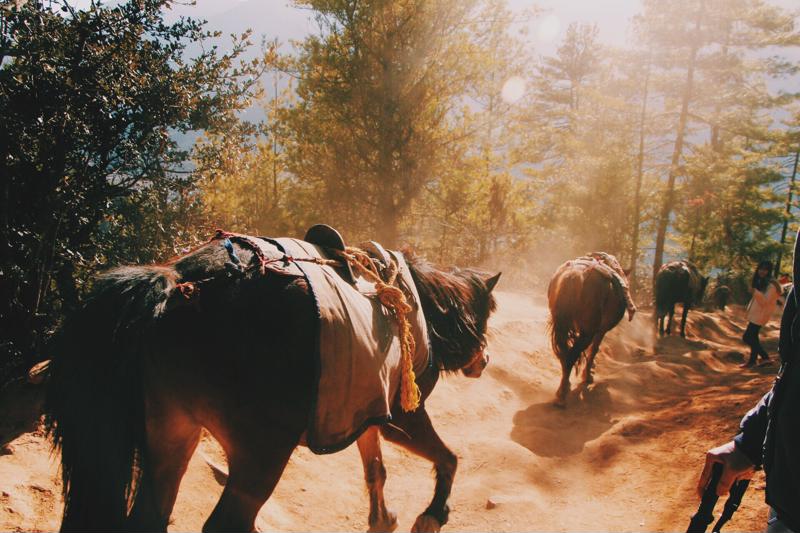Veterans in southeast New York struggling with post-traumatic stress disorder and other psychological wounds of war now have a new therapeutic resource, according to the Times-Herald Record. Squirrelwood Equine Sanctuary in Montgomery recently debuted a recovery program that helps these former service members regain control over their lives and connect with other veterans dealing with deployment-related problems through horses.
Social worker Christine Bruckner started the service, which teaches participants how to care for and handle the animals. This introduces a steady routine into their lives, allowing them some semblance of self-possession. Plus, the wide open spaces of the 92-acre property allow veterans to peacefully evaluate their issues and form bonds with fellow attendees.
“It opens up a whole conversation about those changes – and how, often, they really want to get back to that pre-deployment self, but they can’t, and how do they bridge that gap in finding a new normal,” Bruckner explained to the news source. “There are a lot of complex things that they’re coming back with that can be healed much more effectively if they’re talking about these things with other guys who have been through that.”
 Equestrian therapy can help veterans combat PTSD and other deployment-related psychological conditions.
Equestrian therapy can help veterans combat PTSD and other deployment-related psychological conditions.An equestrian solution
Equestrian therapy emerged during the 1990s with the help of Army veteran and cowboy Greg Kersten. In 1997, the Nebraska native developed a formalized training program based on the technique and founded the Equine Assisted Growth and Learning Association, an international nonprofit that equips social workers and therapists with the skills they need to successfully host such therapy sessions. Kersten believes veterans, through military training, are conditioned to function in groups or, as he calls them, “herds.” In his estimation, former service members must work to build new herds after re-entering the civilian world. Equestrian therapy helps veterans realize they need help from others and catalyzes the search for a new support system that not only includes family members and friends but also fellow ex-military personnel.
“Even though (veterans have) come back home to a supposedly familiar herd – their family, their friends – they’re being treated differently by the herd … The returning veteran feels less safe even with his family than he did with the other soldiers,” he told the Times-Herald Record.
In the years since Kersten popularized the method, a host of psychological professionals and service organizations have come to support it and its core tenets. In fact, the Department of Veterans Affairs now recommends equine-assisted therapy as a treatment for PTSD. Consequently, such initiatives have popped up at ranches around the country.
The Squirrelwood approach
The program at Squirrelwood established exercises associated with equestrian therapy, including an introductory assignment in which veterans choose horses with personalities that mirror their own. However, it does offer an added wrinkle: All of the horses involved were rescued from untoward owners.
“During an introductory session, veterans choose horses with personalities that mirror their own.”
“It’s really a unique and remarkable place,” Ed Kangas, one of the many donors who helped fund the equestrian program at Squirrelwood, told the Times-Herald Record. “It’s really very, very special. It’s a way to help those animals, but it’s also a way to help people who have been damaged and abused by war.”
Kangas and his wife Cathy donated $100,000 to Squirrelwood last month, Patch reported. Former Nebraska Sen. Bob Kerrey, who served as a Navy SEAL and earned the Medal of Honor prior to entering public service, helped the couple fundraise the sum through a charity event.
Currently, four veterans are enrolled in the program, which is comprised of 12 separate sessions spread out over three months. Total fees amount to $3,000.
Ultimately, Bruckner hopes expansion is on the horizon, as veterans and their supporters embrace equestrian therapy and its healing, herd-building potential.

